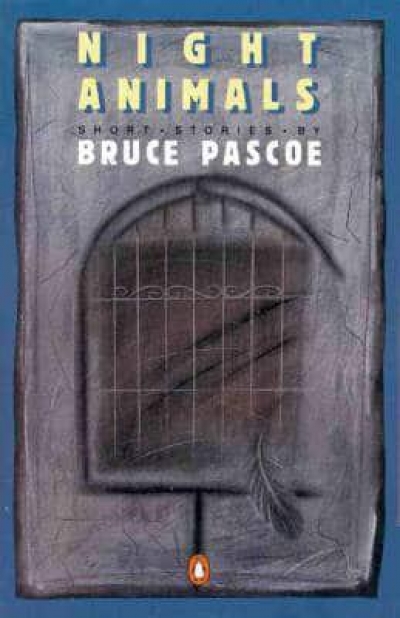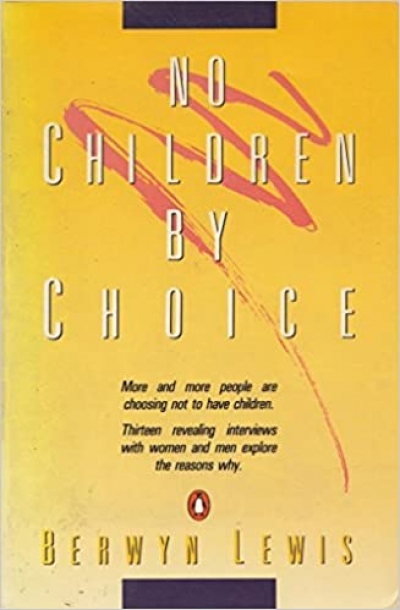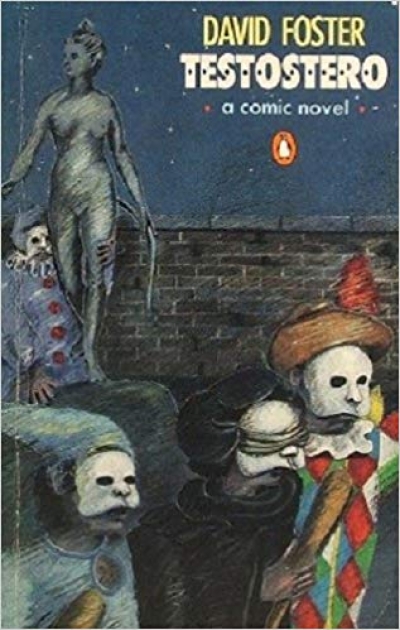Penguin
The D Generation Bumper Book of Aussie Heroes by John Alsop, Santo Cilauro, Tom Gleisner, Andrew Knight, Rob Sitch, and Magda Szubanski
by Barry Dickens •
No Children by Choice edited by Gloria Frydman & Mature Age Mothers edited by Berwyn Lewis
by Judith Brett •
No Children by Choice by Berwyn Lewis & Mature Age Mothers by Gloria Frydman
by Judith Brett •
The Delinquents by Criena Rohan & Down by the Dockside by Criena Rohan
by Christina Thompson •










